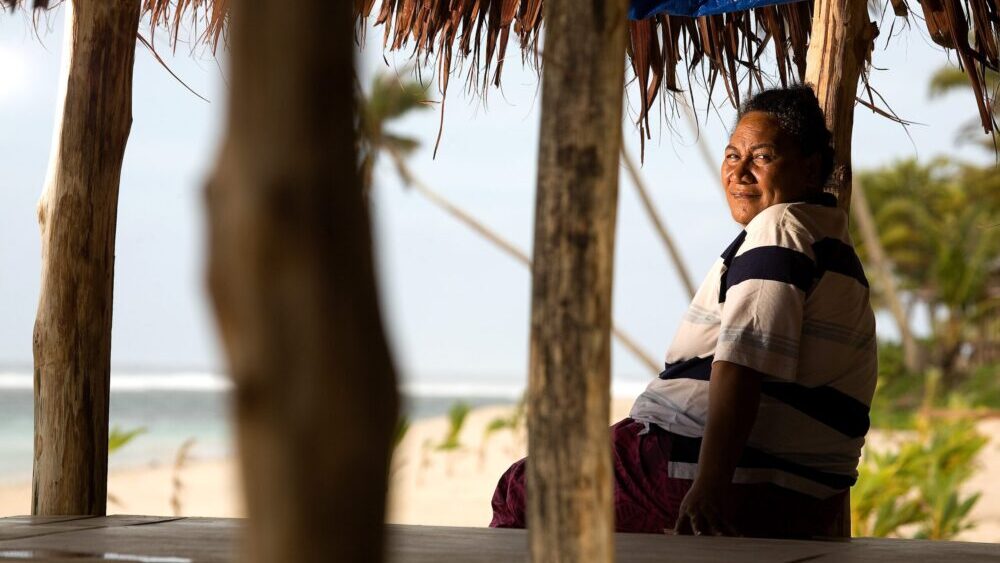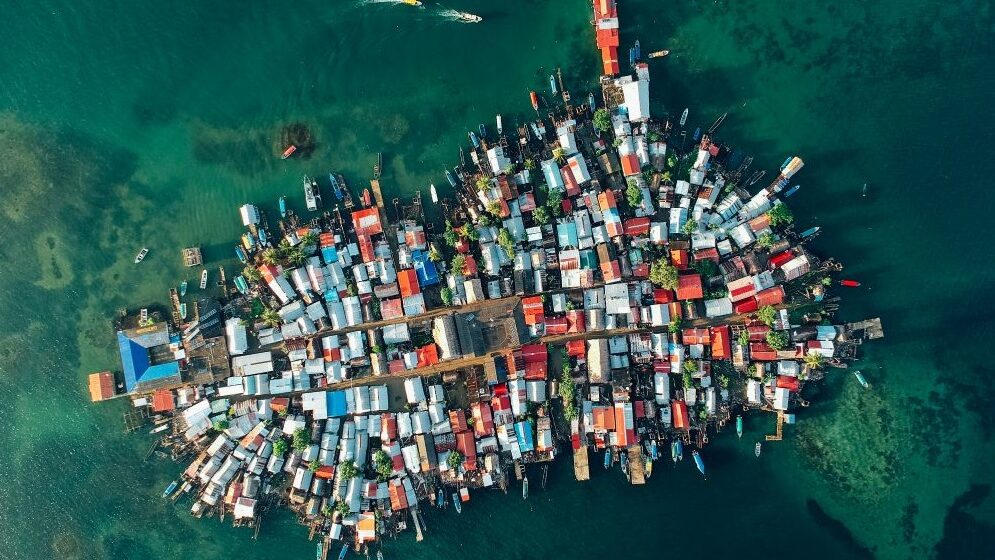21 June 2024, Geneva, Switzerland - The Platform on Disaster Displacement (PDD) and the Special…

Side Event – A Human Rights-Based Approach to Planned Relocation in the Context of Disasters and the Adverse Effects of Climate Change
Each year, millions of people are displaced in the context of disasters and the effects of climate change, with most remaining within their own country. When movement of at-risk communities is unavoidable, policy options include planned relocation to move people out of harm’s way before or after a disaster strikes. These processes must be people-centered, anchored in human rights, and preserve cultural identities and local practices.
The Special Rapporteur on the human rights of internally displaced persons and the Platform on Disaster Displacement (PDD) invite you to join a discussion on planned relocation and challenges and opportunities for the protection of human rights. The event will include participation of government and civil society representatives from different regions.
Background
The UN Special Rapporteur on the human rights of internally displaced persons, Paula Gaviria Betancur, will present her thematic report on climate change and internal displacement at the 56th Session of the UN Human Rights Council. Internal disaster displacement is a reality today and is projected to continue to grow as disasters and the adverse effects of climate change increase in both frequency and intensity.
The report focuses on planned relocations of people in the context of disasters and the adverse effects of climate change. For the purpose of the report, the Special Rapporteur defines planned relocations as processes in which “groups of persons move or are assisted to move away from their homes or places of temporary residence, are settled in a new or safer location, and provided with the conditions for rebuilding their lives.”
Planned relocations vary significantly depending on the local, national, and regional context and challenges. They may raise challenges for the effective enjoyment of human rights. However, if well planned and managed, planned relocations may provide a solution to displacement in the context of disasters and the adverse effects of climate change. A key challenge is that planned relocations are often undertaken without any regulatory or institutional framework in place, raising concerns regarding the participation of rights-holders and the accountability of duty-bearers throughout these processes.
The Special Rapporteur’s report calls for a human rights-based approach to planned relocations in the context of disasters and the adverse effects of climate change. It concludes that for planned relocation to serve as an effective adaptive measure or lasting solution to internal displacement, the involvement of individuals and communities throughout all stages of the planned relocation process is paramount. Drawing on effective practices, the Special Rapporteur provides recommendations for a human rights-based approach to planned relocations and provides guidance on State obligations in accordance with international human rights law.
Description of event
At the 56th session of the Human Rights Council, the Special Rapporteur on the human rights of internally displaced persons, the above mentioned partners will organize a side event “A Human Rights-Based Approach to Planned Relocations in the Context of Disasters and the Adverse Effects of Climate Change.” This side event will bring together representatives from governments, international organizations, civil society organizations and other stakeholders to discuss challenges and opportunities for the protection of human rights throughout planned relocation processes in the context of disasters and climate change. The discussion will consider examples and case studies from different regions, highlight effective practices, and share recommendations from the Special Rapporteur’s report on this topic.
The side-event will aim to:
- Exchange experiences and lessons learned with planned relocations in the context of disasters and climate change from different regions;
- Discuss challenges and opportunities for the protection of human rights throughout planned relocations in the context of disasters and climate change;
- Describe and emphasize the importance of a human rights-based approach to planned relocations in these contexts.
Format
The event will take place on 21 June 2024 from 15:00-16:00 CEST in Room XXV, Palais des Nations, Geneva and online. It will take place in English language without interpretation.
This event is co-organized by the Special Rapporteur on the human rights of internally displaced persons and the Platform on Disaster Displacement. It is co-sponsored by Austria, Bangladesh, Costa Rica, Fiji, Luxembourg, Mexico, Caritas Internationalis, Human Rights Watch (HRW), Internal Displacement Monitoring Centre (IDMC), International Organization for Migration (IOM), Office of the High Commissioner for Human Rights (OHCHR), United Nations High Commissioner for Refugees (UNHCR), United Nations University Institute for Environment and Human Security (UNU-EHS).
Useful Links and Documents
Follow the side event online
See the event flyer
Access the submissions to the Special Rapporteur’s thematic report
Read the reporting back article: online conversations on planned relocations in the context of disasters and climate change




